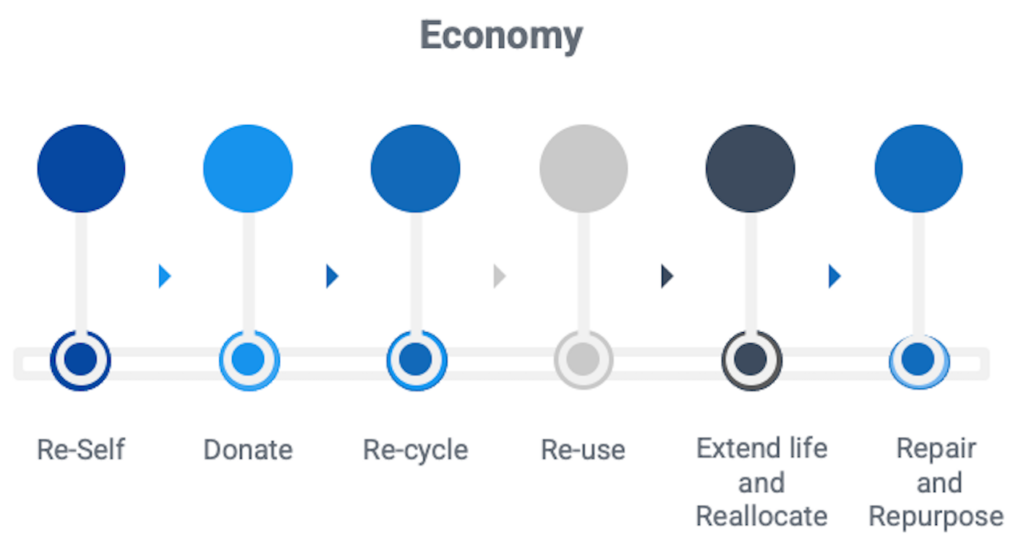Protecting the environment has moved beyond simply complying with government regulations to minimizing the effect all positions of a supply chain have on the environment and the people in it. Businesses are now involved in areas that were once only overseen by special interest groups, such as saving endangered species, the scarcity of raw materials, the greenhouse effect, disappearing rainforests, air and water pollution, the effects of global warming, child labor, and worker safety.
Environmental sustainability issues impacted by the supply chain and procurement activities include the following:
1. Management of waste and hazardous materials
2. Reduction or elimination of waste through leaner processes
3. Elimination of hazardous material danger, including knowledge of transporting and handling of environmentally-sensitive materials
4. Reduction or elimination of unnecessary or toxic by-products from manufacturing processes
5. Purchase and use of materials and components which are recyclable
6. The importance of the Reduce, Reuse, Recycle, Recover waste hierarchy. The most sustainably responsible is to reduce the amount of materials. If that is not possible, the impact on the environment increases through the actions of reuse, recycle and recover.
Circular Economy Mindset – An economic system intended to minimize waste and maximize the use of resources through a regenerative process achieved through long-lasting design, maintenance, repair, reuse, remanufacturing, refurbishing, recycling, and upcycling.



